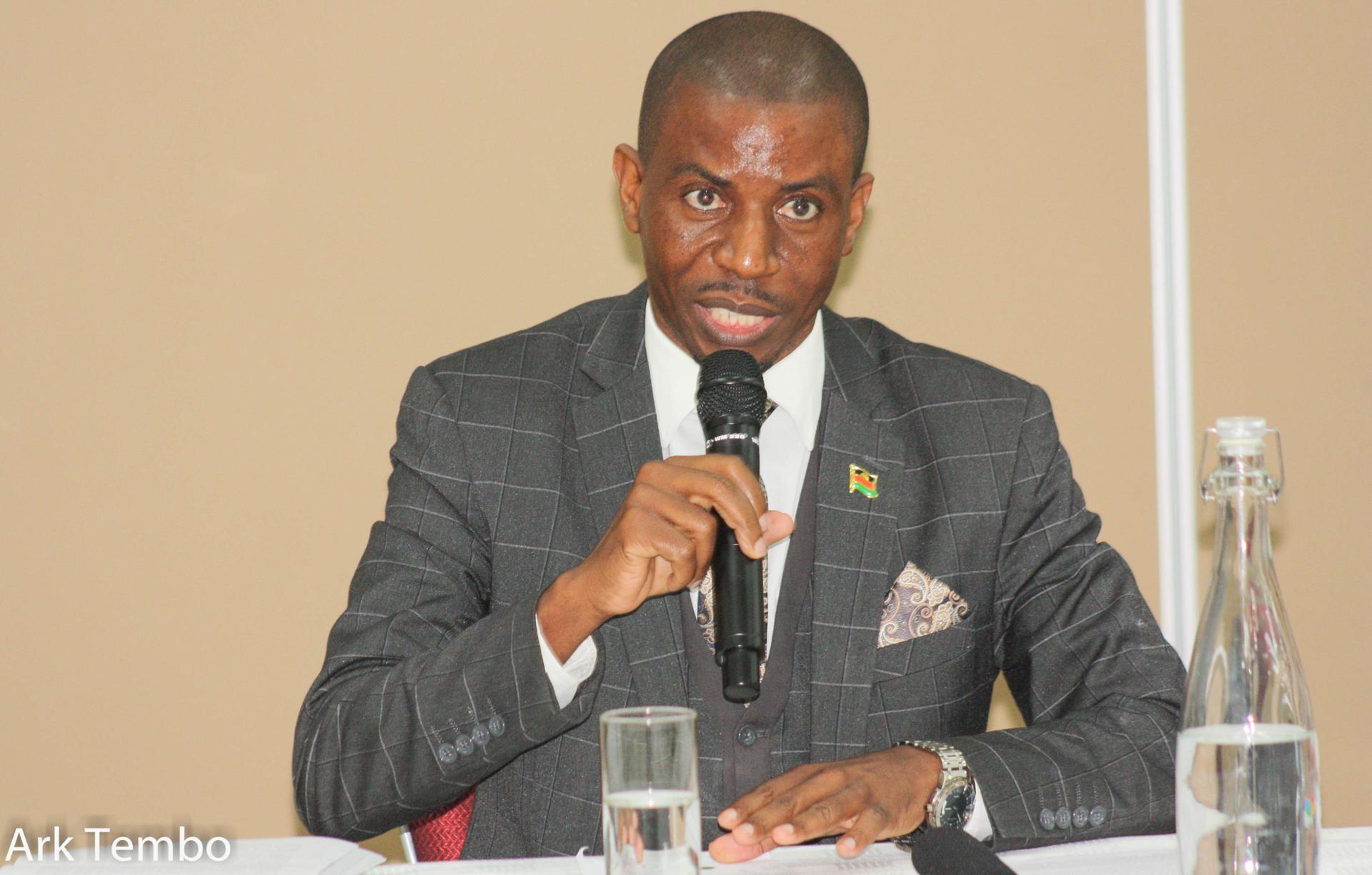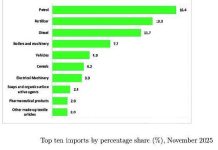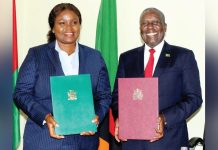Africa-Press – Malawi. Civil Society Education Coalition (CSEC) has questioned the appointment of the Vice Chancellor of the Lilongwe University of Agriculture and Natural Resources (LUANAR), Professor George Kanyama Phiri, as chairperson of the Council of the Malawi University of Business and Applied Sciences (MUBAS).
The coalition argues that the appointment raises questions of legitimacy and conflict of interest given that both LUANAR and MUBAS are public universities and that the same contradicts the most touted public sector reforms. CSEC executive director Benedicto Kondowe and his board chairperson Limbani Nsapato raise the questions in a statement they issued on Monday.
Kondowe and Nsapato said while they welcomed the government’s decision to constitute the Councils given that the appointments were long overdue after the commencement date of 4th May 2021was gazetted, they are concerned with the flaws in the way the councils have been constituted.
“We are aware that a similar issue happened before and attracted criticism from the general public when the then Vice Chancellor of UNIMA was appointed Chairperson of MUST. This was premised on the understanding that a Vice Chancellor is also a member of the Council in line with the prevailing laws hence such an appointment was perceived to erode objectivity in the management of the two institutions. As a competitor, the decisions of the Chairperson of the Council of MUBAS may be misunderstood because of his other role. Therefore, to avoid such potential or perceived bias, the President should have desisted from appointing a Vice Chancellor from a given university to chair a Council of another university,” reads the statement in part.
Add Kondowe and Nsapato, “The press release suggests that His Excellency, the President of Malawi is Chancellor of all the three universities. While the competence of the HE is undoubtedly indisputable, we are, however, of the view that it should have been more efficient for HE to allow another person as Chancellor given how demanding the position is, and that the HE is already Chancellor of other public universities. Section 18 (2) and (3) of all the Acts in question allows the President in consultation with the Council to appoint another person who has distinguished himself to be the Chancellor of the University.”
They further observed that the appointment of alumni representatives has not followed the procedure laid out in the Acts, citing Section 9 (1) (d) of all the three Acts requires that the two alumni members should be nominated by the alumni of the university and appointed by the Chancellor of the University.
“There is no record of consultation, and failure to satisfy the requirement puts to question the legitimacy of the appointees representing the alumni. Moving forward, the new councils need to quickly take up their positions and raise the bar in management and governance of these institutions to be more efficient and effective as well as innovative and entrepreneurial in resource mobilization to reduce dependency on government. The new leadership should also ensure that their respective universities provide an environment to test new ideas, debate theories, encounter challenging information, and figure out what one believes,” say Kondowe and Nsapato.
However, the two have expressed optimism that the appointees will contribute to the establishment, operations, and development of the higher education sector.






